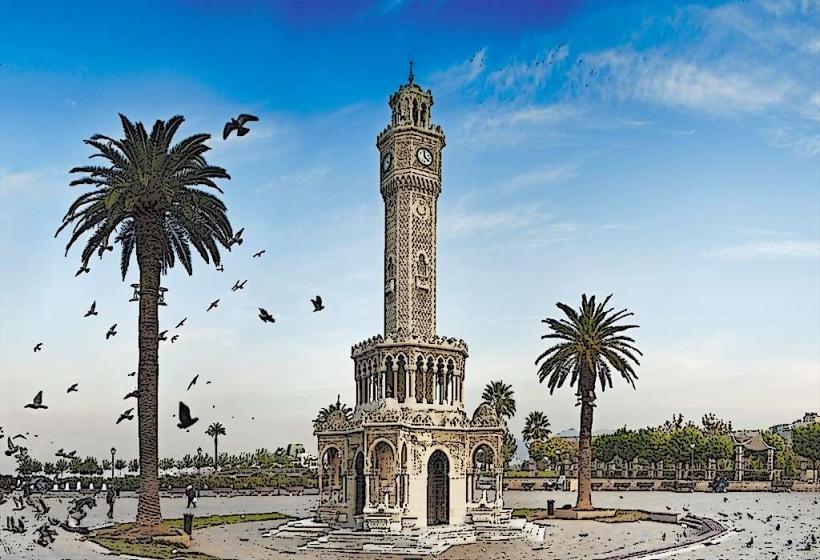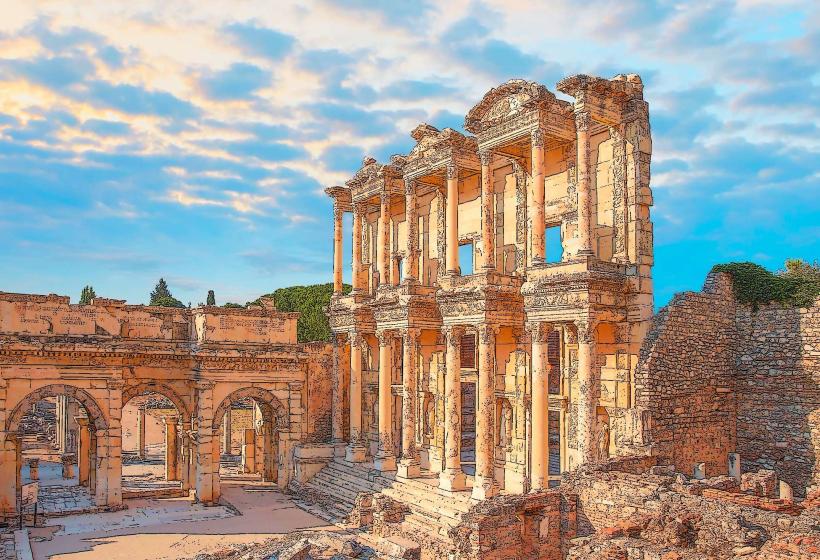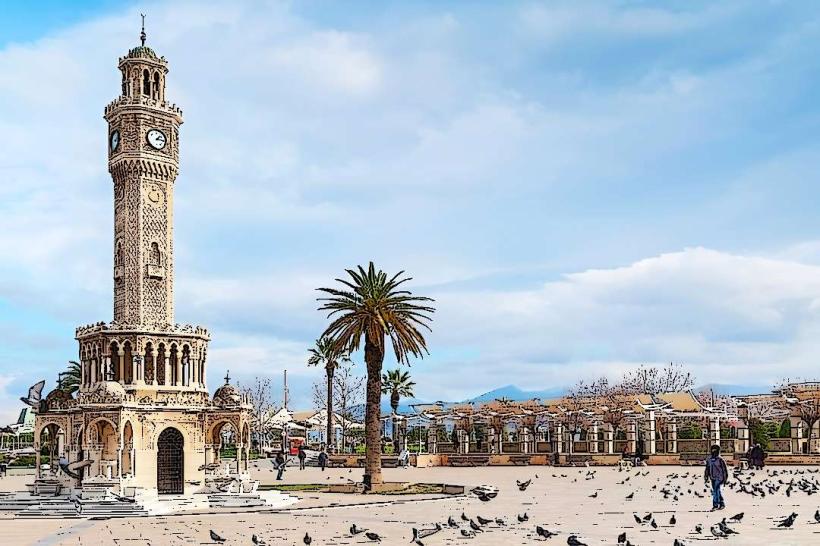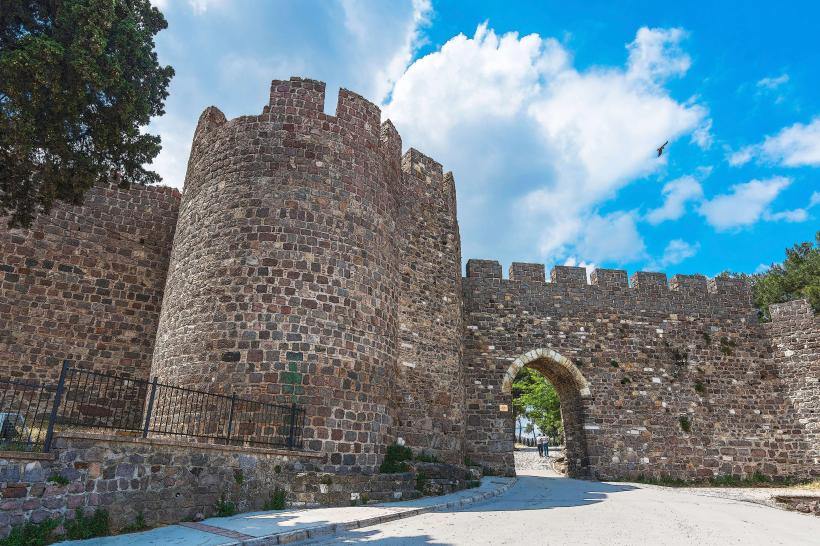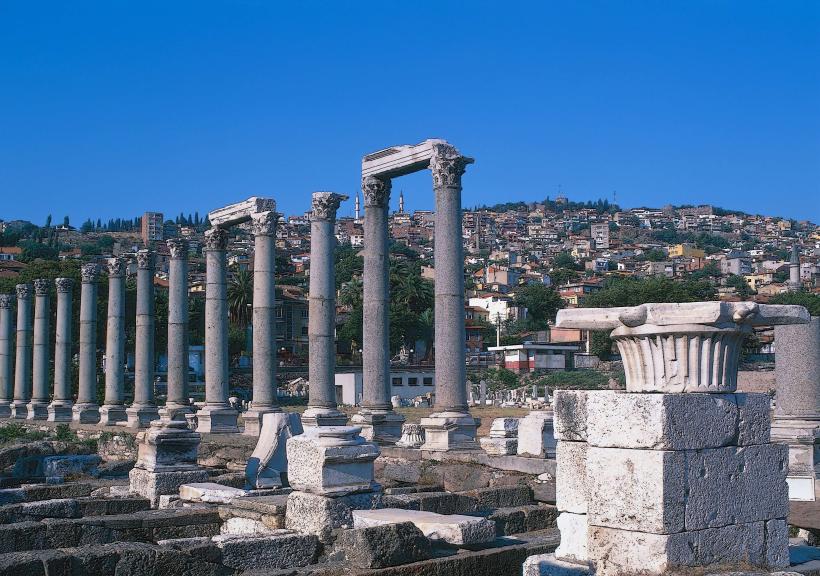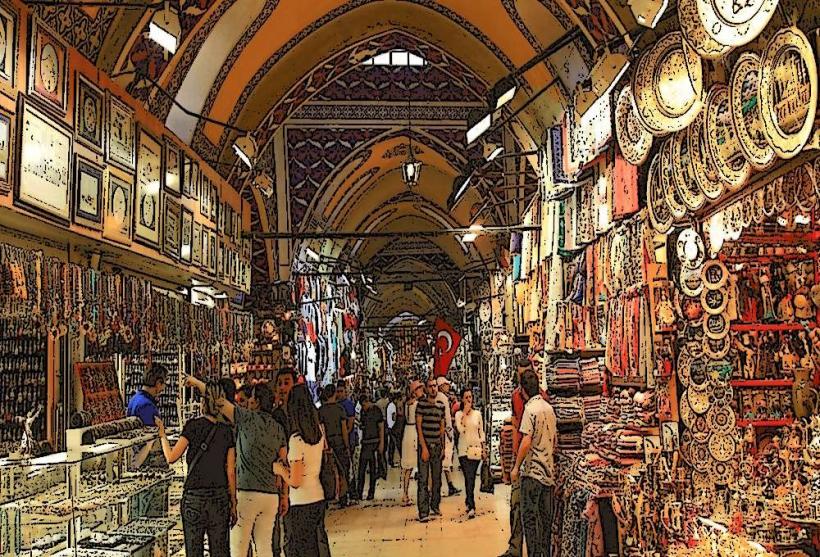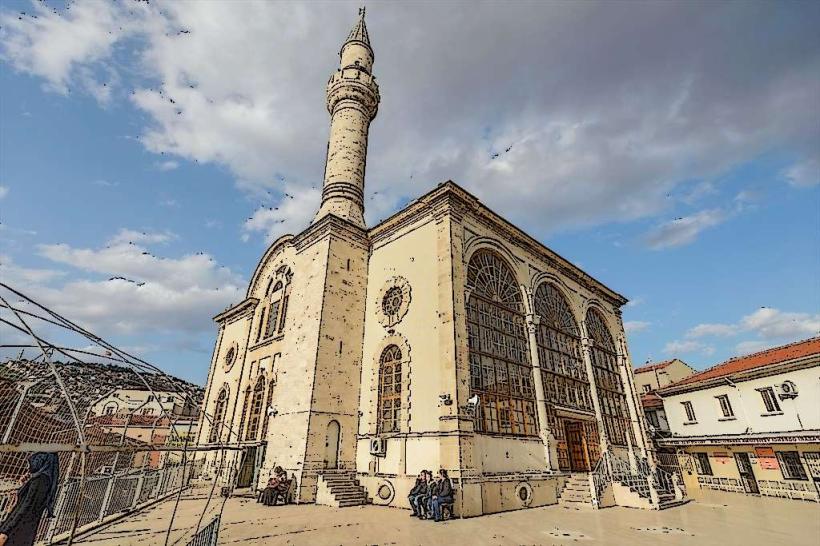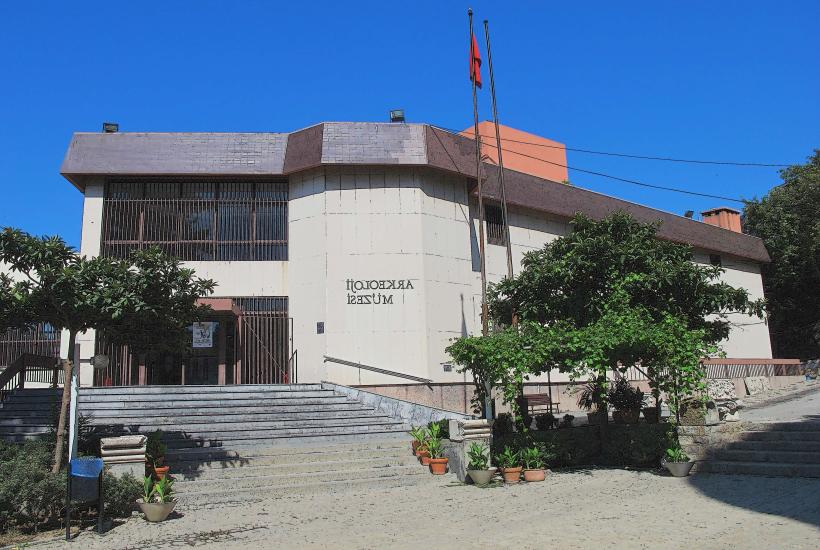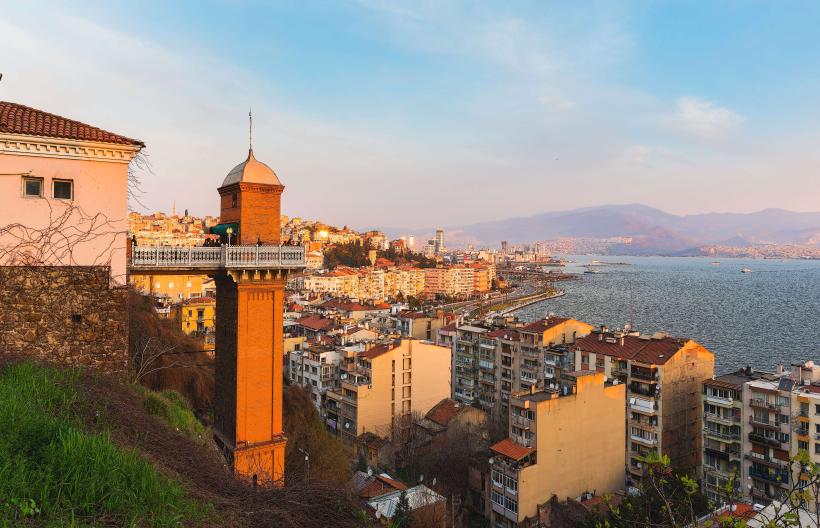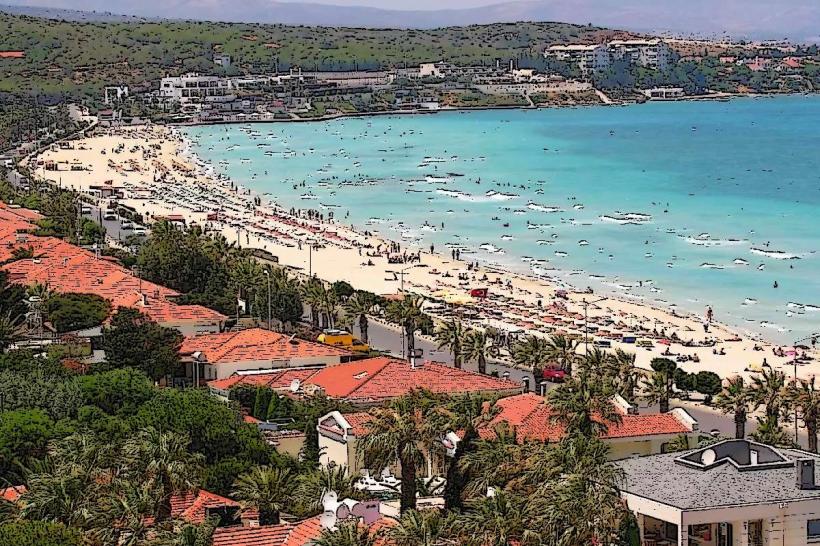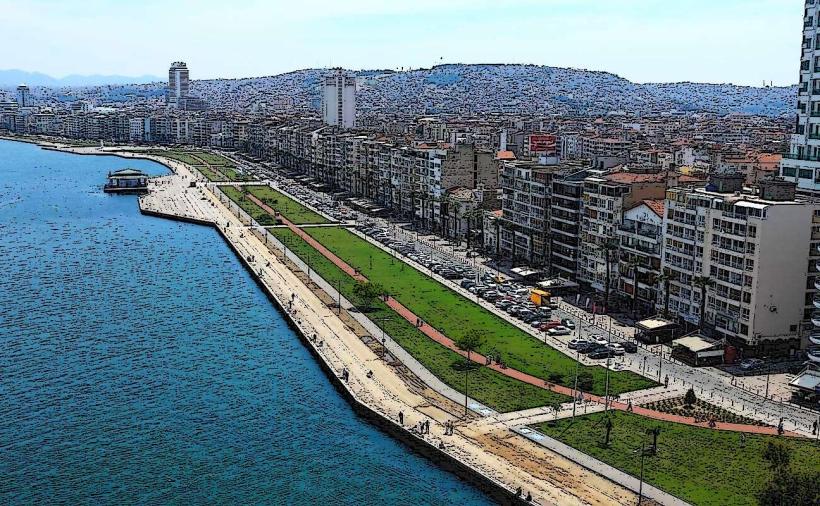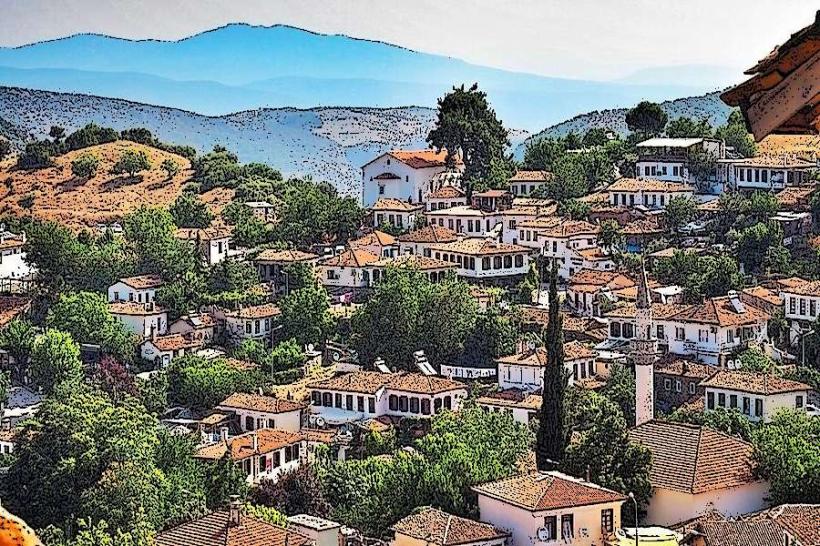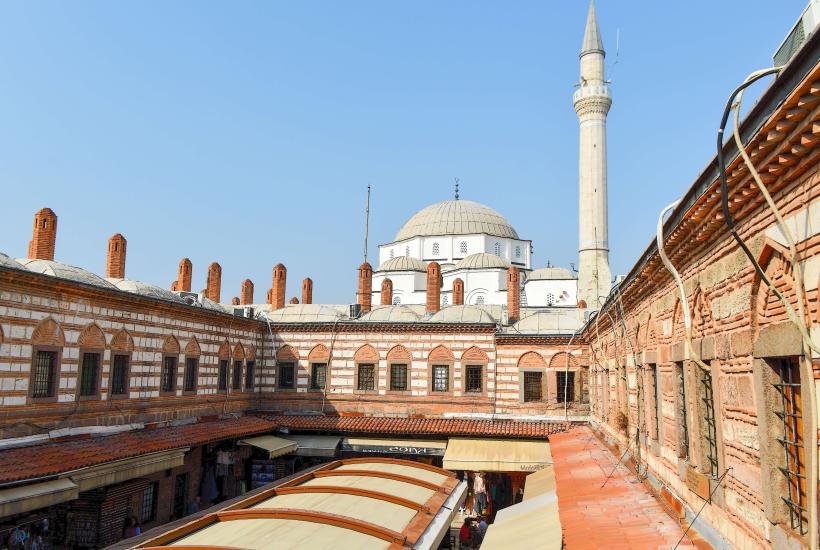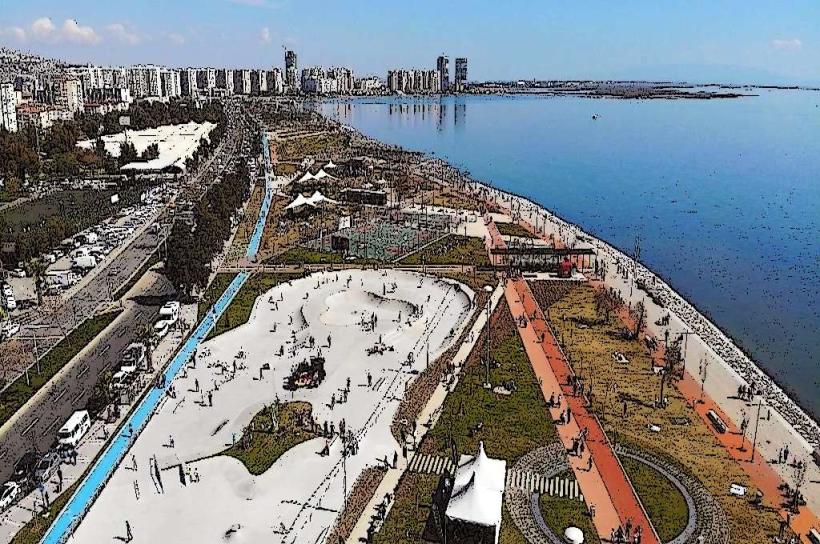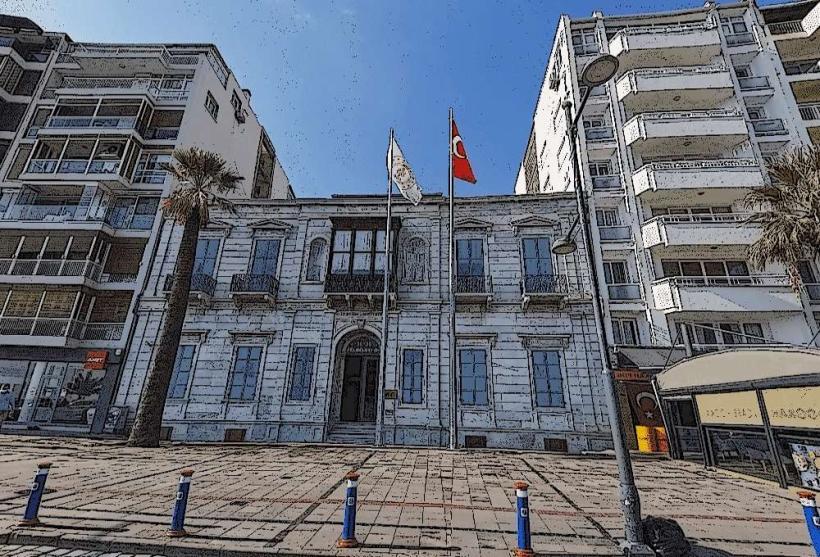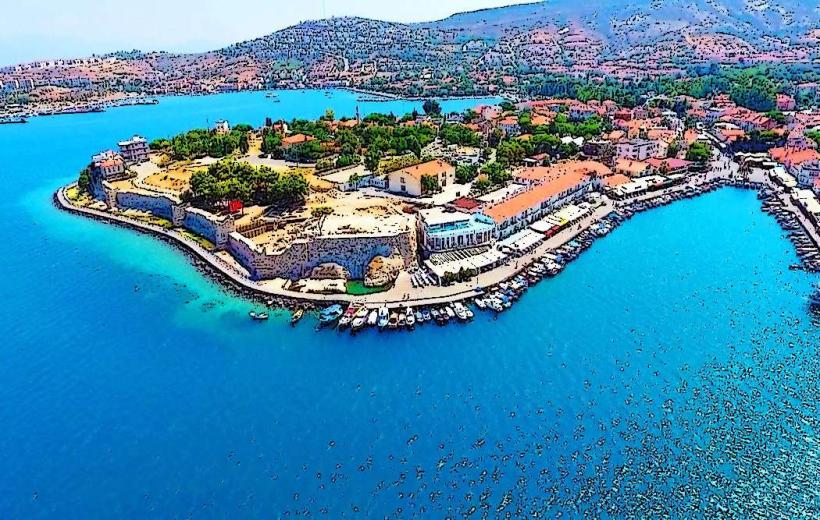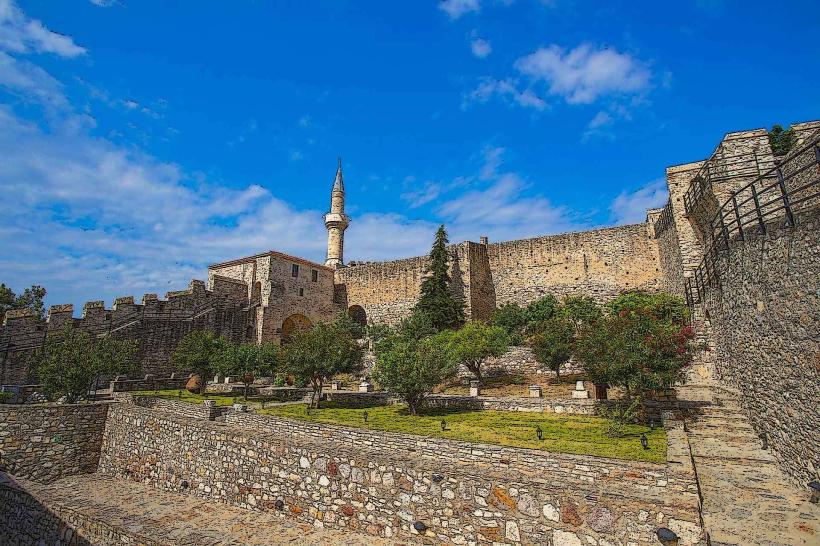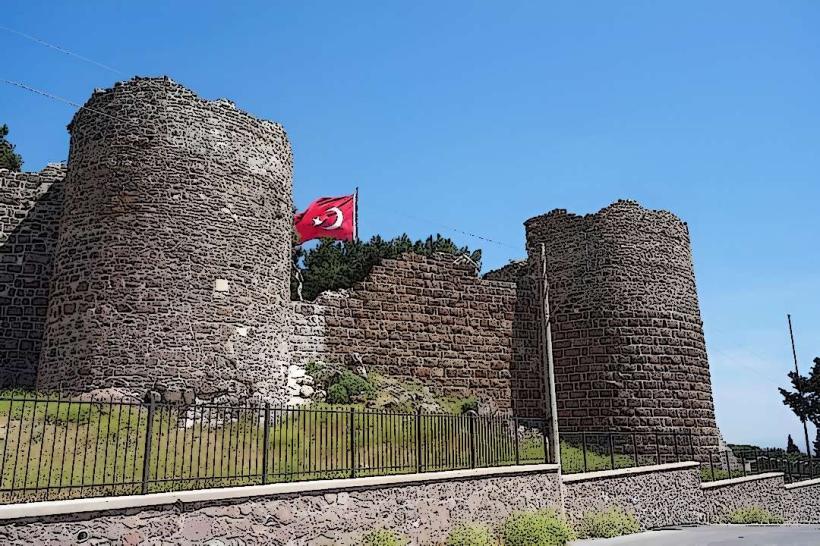Information
Landmark: Ephesus Archaeological MuseumCity: Izmir
Country: Turkey
Continent: Asia
Ephesus Archaeological Museum, Izmir, Turkey, Asia
The Ephesus Archaeological Museum is located in Selçuk, a town near Izmir, Turkey. It houses artifacts excavated from the ancient city of Ephesus.
Visual Characteristics
The museum building is a modern structure with a functional design. It features large exhibition halls with controlled lighting to protect the artifacts. The display cases are primarily glass and metal, designed for optimal viewing of the objects within.
Location & Access Logistics
The museum is situated in Selçuk, approximately 70 kilometers south of Izmir city center. Access from Izmir can be achieved via the D550 highway, with a travel time of about 1 hour by car. Public transport options include intercity buses from Izmir's Otogar (bus terminal) to Selçuk, followed by a short taxi ride or a 15-minute walk to the museum. Limited street parking is available in the vicinity of the museum.
Historical & Ecological Origin
The museum was established in 1964 to consolidate and display the significant finds from the extensive archaeological excavations at the ancient city of Ephesus. The artifacts themselves originate from the Hellenistic, Roman, and Byzantine periods of Ephesus's history, reflecting its importance as a major port city and religious center.
Key Highlights & Activities
Visitors can view the Terrace Houses, which showcase the domestic life of wealthy Ephesians. The museum displays notable sculptures, including the statues of Artemis. The collection includes mosaics, pottery, and everyday objects from the Roman era. Guided tours are available, providing detailed explanations of the exhibits.
Infrastructure & Amenities
Restrooms are available within the museum. Limited shaded areas are present in the outdoor courtyards. Cell phone signal (4G/5G) is generally reliable. Food and beverage options are available at cafes located in Selçuk town, a short walk from the museum.
Best Time to Visit
The museum is open year-round. For optimal visitor experience and fewer crowds, visiting during weekdays in the shoulder seasons (April-May and September-October) is recommended. The best time of day for viewing artifacts is during daylight hours when the internal lighting is most effective.
Facts & Legends
A unique aspect of the museum's collection is the presence of several statues of Artemis of Ephesus, a fertility goddess whose cult was central to the city's identity. One of the most famous artifacts is the statue of the Emperor Hadrian.
Nearby Landmarks
- House of the Virgin Mary (1.5km Southwest)
- Basilica of St. John (0.8km Northwest)
- Temple of Artemis (0.6km North)
- Isa Bey Mosque (0.7km Northwest)

